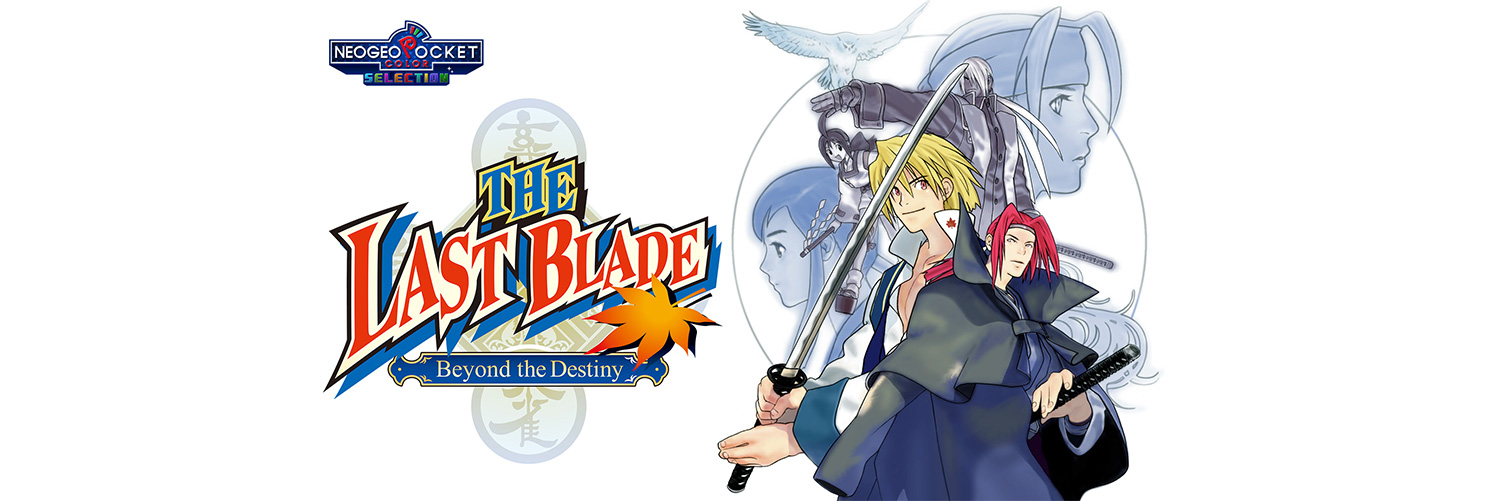Calgary, Alberta – The air in Calgary was thick with the promise of international glory. Canada`s elite hockey players, a veritable who`s who of the sport, had gathered for their Olympic orientation camp. The goal? To forge a cohesive unit capable of bringing home gold. Yet, amidst the fervent discussions of line combinations, tactical strategies, and national pride, an entirely different narrative managed to steal the spotlight: the impending contract status of the sport’s most electrifying talent, Connor McDavid.
The Unavoidable Elephant in the Room
Even for a player known for his unparalleled speed on ice, the velocity with which the contract question was posed at the press conference caught McDavid off guard. Flanked by hockey legends like Sidney Crosby and fellow standout Sam Reinhart, McDavid, with a hint of good-natured exasperation, quipped about the absence of “softball Olympic questions.” It was a moment of candid levity, but it underscored an undeniable truth: for a player of McDavid’s caliber, the business side of the game rarely takes a backseat, even to national duty.
McDavid, the captain of the Edmonton Oilers, is currently entering the final year of a lucrative deal, reportedly valued at $12.5 million USD annually. While that figure alone is staggering, the conversation isn`t merely about the next paycheque. It`s about a long-term commitment that shapes a franchise, sets market benchmarks, and potentially defines a player`s legacy. For the Oilers, securing their generational talent for the foreseeable future is not just a priority; it is the cornerstone of their organizational strategy and their championship aspirations.
Balancing Dual Loyalties: Club vs. Country
McDavid`s response was as diplomatic as it was revealing. He reiterated his intention to “take his time” with the negotiation process, a stance he had maintained since June. His primary focus, he asserted, remains unequivocally on winning in Edmonton. This declaration is a testament to his dedication to the Oilers, the team he has propelled into perennial contention. Intriguingly, his secondary focus, “maybe next to winning the gold with Canada,” perfectly encapsulated the unique position elite athletes find themselves in: balancing the intense demands of their professional club careers with the immense honor of representing their nation.
“I have every intention to win in Edmonton. That’s my only focus, maybe next to winning the gold with Canada.”
This dual pursuit of glory adds a fascinating layer of complexity. The Olympic camp is meant to be a crucible for national unity, a temporary escape from club allegiances. Yet, the omnipresent shadow of a pending contract negotiation reminds everyone that even in the purest forms of competition, the professional reality of modern sports is never far away.
The Oilers` Imperative: Stability Amidst Stardom
From the Edmonton Oilers` perspective, the urgency to finalize an extension for McDavid is palpable. A long-term deal offers invaluable stability, not only for team management but also for player recruitment and fan morale. It signals a clear commitment to building a winning culture around their undisputed leader. Oilers General Manager Stan Bowman has openly expressed the organization`s desire to secure an extension this summer, recognizing the strategic advantage of resolving such a critical issue before the competitive season commences. Leaving such a significant negotiation pending as the season begins could introduce an unwelcome variable, a potential distraction that could ripple through the locker room.
McDavid himself alluded to this, stating, “We don’t need any distractions.” He acknowledged that “all options are on the table” regarding playing without a deal, but the underlying sentiment was clear: a swift resolution is preferable for the sake of collective focus. In the high-stakes environment of professional hockey, where every game, every shift, can have monumental consequences, maintaining a singular focus on performance is paramount.
The Modern Athlete`s Quandary: Performance vs. Portfolio
The situation highlights a prevalent theme in modern professional sports: the intricate dance between athletic performance and complex financial agreements. Superstars like McDavid are not just players; they are brands, key assets, and cornerstones of multi-million dollar enterprises. Their contracts are meticulously crafted instruments designed to reward unparalleled talent while ensuring team viability under salary cap constraints. The negotiations are rarely simple, involving agents, general managers, and often, the players themselves navigating a labyrinth of clauses, bonuses, and long-term projections.
The irony is not lost: even as players dedicate themselves to the pinnacle of their sport – representing their country on the Olympic stage – the foundational elements of their professional careers, their livelihoods, and their team`s future continue to be vigorously debated off the ice. It`s a testament to the comprehensive nature of professional sports, where every aspect, from a blistering breakaway goal to a meticulously worded contract clause, contributes to the grand narrative.
What Lies Ahead?
As the Olympic orientation camp concludes and the regular season approaches, the contract status of Connor McDavid will undoubtedly remain a focal point. While his immediate attention will be on donning the Canadian jersey and, subsequently, leading the Oilers, the speculation will persist until pen meets paper. For now, the world’s fastest player continues his pursuit of excellence, both for his club and his country, with the unspoken understanding that a significant piece of his professional future awaits resolution in the wings.

